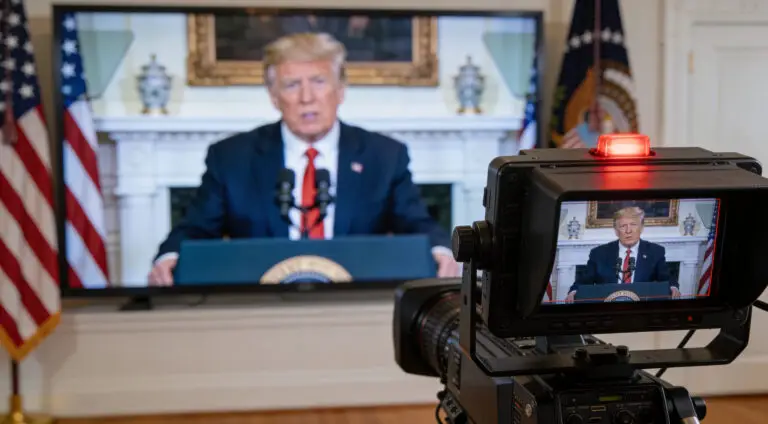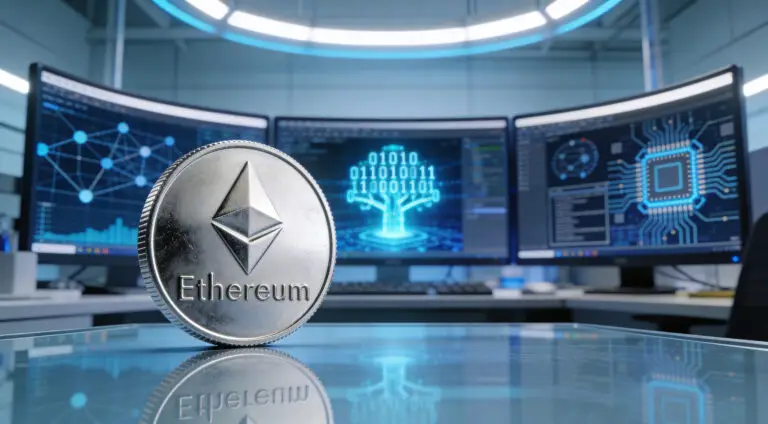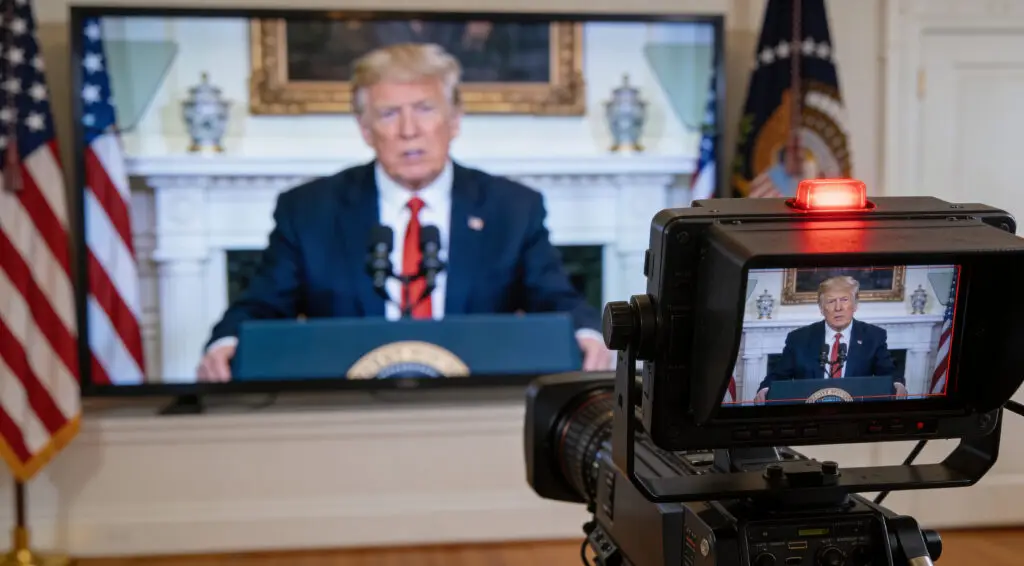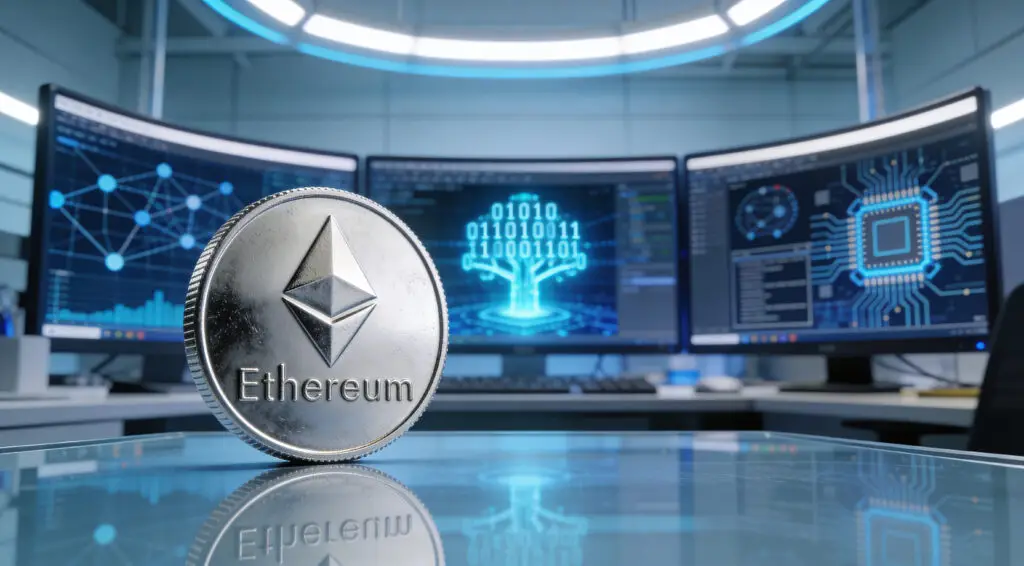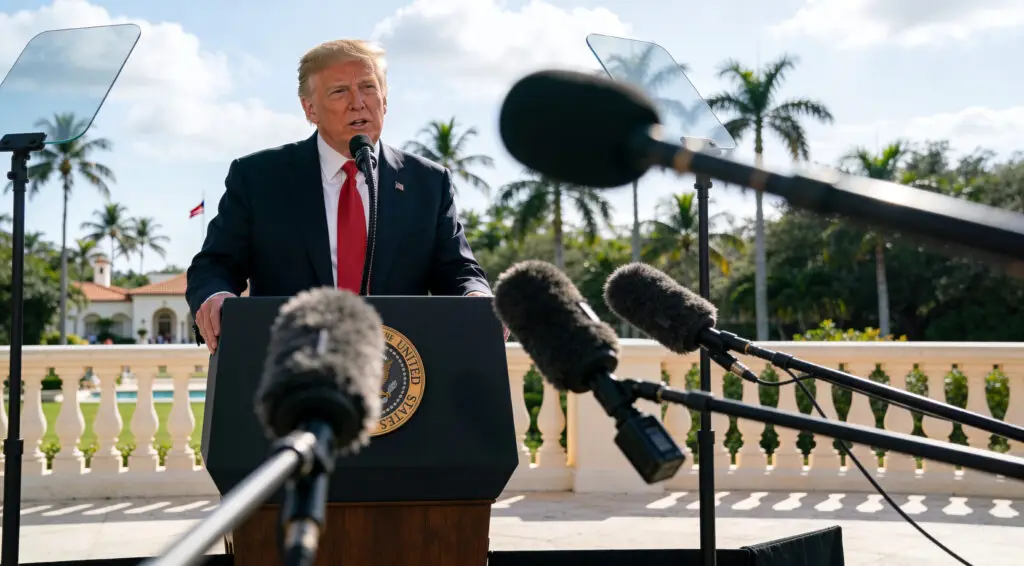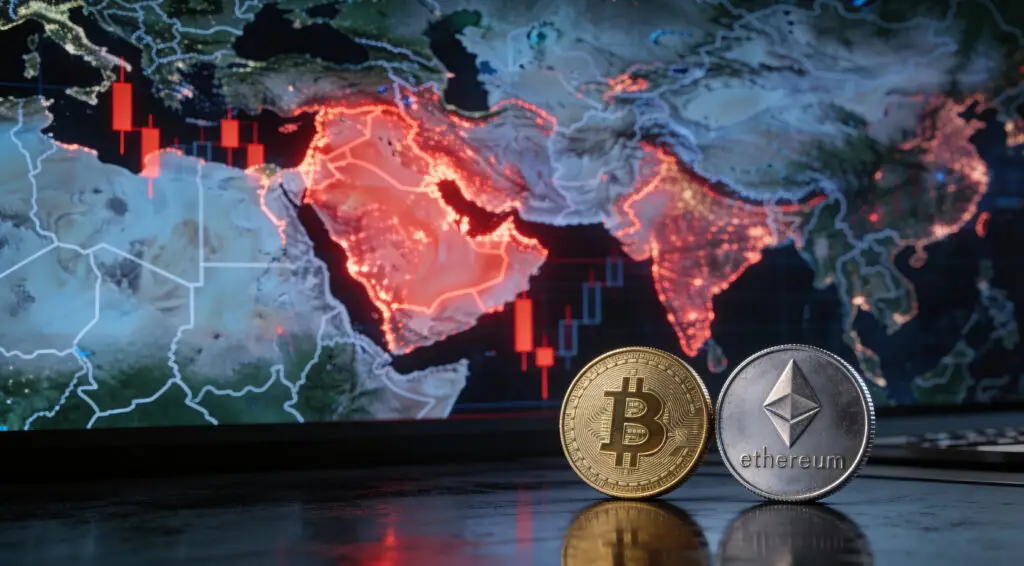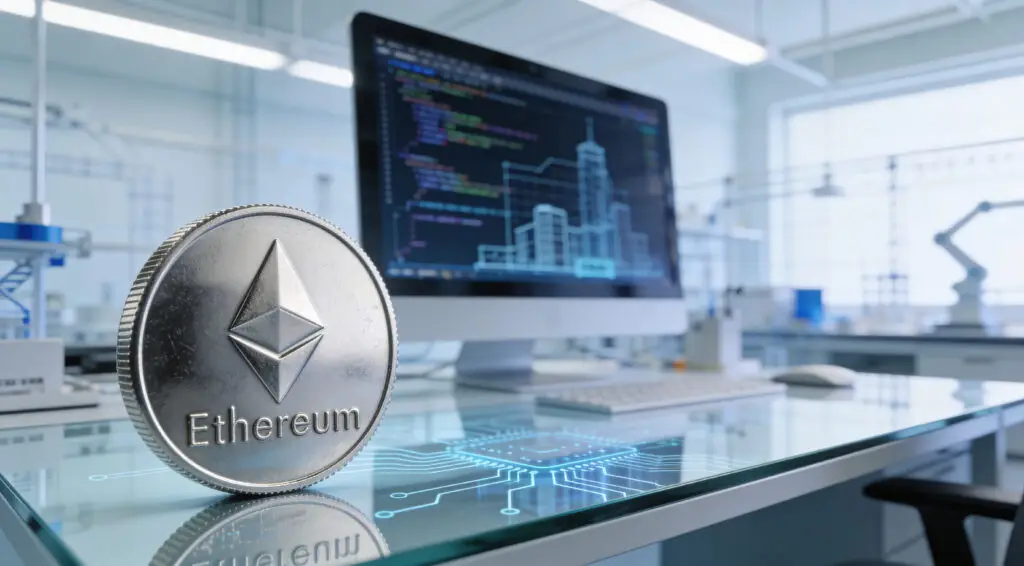Nvidia’s Jensen Huang Clarifies AI Race Remarks After China Comment
LONDON — November 6, 2025 — Nvidia CEO Jensen Huang has clarified remarks made during the Financial Times Future of AI Summit, after earlier suggesting that China would “win the AI race.” The tech leader later issued a follow-up statement emphasizing that the United States must “race ahead” to maintain its global leadership in artificial intelligence.
Clarification After Controversial FT Interview
During an interview at the event, Huang reportedly said that China’s energy policies and lighter regulations could help it outperform the U.S. in AI development. The Financial Times quoted him as warning that “China is going to win the AI race,” citing lower power costs and pro-industry incentives.
However, hours after the publication, Nvidia released a revised statement through Huang’s official X account, where he reaffirmed his support for U.S. innovation. “As I have long said, China is nanoseconds behind America in AI,” Huang clarified. “It’s vital that America wins by racing ahead and empowering developers worldwide.”
Nvidia Advocates Balanced Global Competition
Huang’s clarification sought to emphasize cooperation and fair competition rather than geopolitical rivalry. He reiterated that Nvidia’s mission is to support innovation across markets while ensuring that the U.S. maintains technological leadership through strong research and talent development.
Industry observers viewed the statement as a strategic attempt to reassure policymakers and investors amid growing scrutiny over U.S.-China trade relations. “Huang is walking a fine line between maintaining U.S. regulatory trust and preserving Nvidia’s global market access,” said Dr. Linh Park, an AI industry analyst at TechReg Insights.
Recommended Article: Dow Falls 399 Points as Tech Stocks Slide and Market…
Energy Subsidies and Regulatory Concerns
In his initial comments, Huang highlighted the contrast between China’s energy subsidies and Western regulatory frameworks, arguing that excessive rules could slow AI progress in the U.S. and Europe. “China’s developers enjoy lower costs and faster deployment timelines,” he noted, suggesting that overregulation could hinder Western innovation.
Energy efficiency has become a key talking point in the AI sector, as training large language models requires massive electricity consumption. Huang’s comments echo broader industry concerns about AI’s growing power demands and the need for energy infrastructure investment to sustain technological growth.
Ongoing Trade Tensions and Market Access
The clarification comes amid ongoing trade tensions between Washington and Beijing. After months of negotiations, the Trump administration eased some restrictions on U.S. chip exports to China earlier this year, allowing Nvidia and rival AMD to sell specialized processors in exchange for a 15% revenue-sharing agreement with the U.S. government.
Despite the partial relief, China has since suspended Nvidia’s market access, citing national security reviews of its advanced chips. According to Huang, this decision has effectively reduced Nvidia’s market share in China to zero.
Analysts suggest that Beijing may be leveraging Nvidia’s exclusion as part of broader trade negotiations or to strengthen its domestic semiconductor industry.
Diplomatic Implications of the AI Race
Huang’s remarks drew attention because they intersect with ongoing U.S.-China diplomacy. He met with President Donald Trump in July, ahead of high-profile trade discussions with Chinese President Xi Jinping in Seoul. The talks failed to produce new agreements, and Washington ultimately maintained existing restrictions on AI chip exports.
“Jensen Huang is navigating one of the most complex geopolitical and business landscapes in the world,” said Eleanor McBride, Senior Policy Fellow at the Center for Strategic AI Studies. “His influence spans both technology and international relations, which makes every statement he makes globally significant.”
Industry Response and Strategic Shift
Following the controversy, Nvidia’s stock briefly dipped before stabilizing as investors reacted to Huang’s clarification. Industry experts said the company’s long-term strategy remains centered on expanding AI infrastructure and supporting developers, even amid geopolitical friction.
In recent months, Nvidia has announced new AI data center partnerships and energy-efficient chip designs to sustain growth in markets outside China. The company is also working closely with European and Middle Eastern governments to establish localized computing hubs.
Global AI Race and the Road Ahead
Huang’s comments come as nations compete to secure AI dominance through infrastructure, education, and regulatory frameworks. While the U.S. remains a leader in foundational AI research, China continues to accelerate industrial deployment and state-backed investment in generative AI and robotics.
“The next phase of the AI race will depend not just on chips or software, but on policy, energy, and global collaboration,” said Dr. Rajesh Menon, Director of the Global AI Competitiveness Council. “Huang’s message reflects the delicate balance between innovation and national strategy.”
Nvidia’s Continued Commitment to U.S. Innovation
Despite the controversy, Huang reaffirmed Nvidia’s dedication to U.S. leadership in the global AI ecosystem. “Our mission is to empower innovation everywhere,” he stated, “but America must lead by building the fastest, most creative AI community in the world.”
As the AI industry continues to evolve amid geopolitical uncertainty, Nvidia remains at the center of both technological advancement and policy dialogue — navigating the fine line between global business growth and national security concerns.


